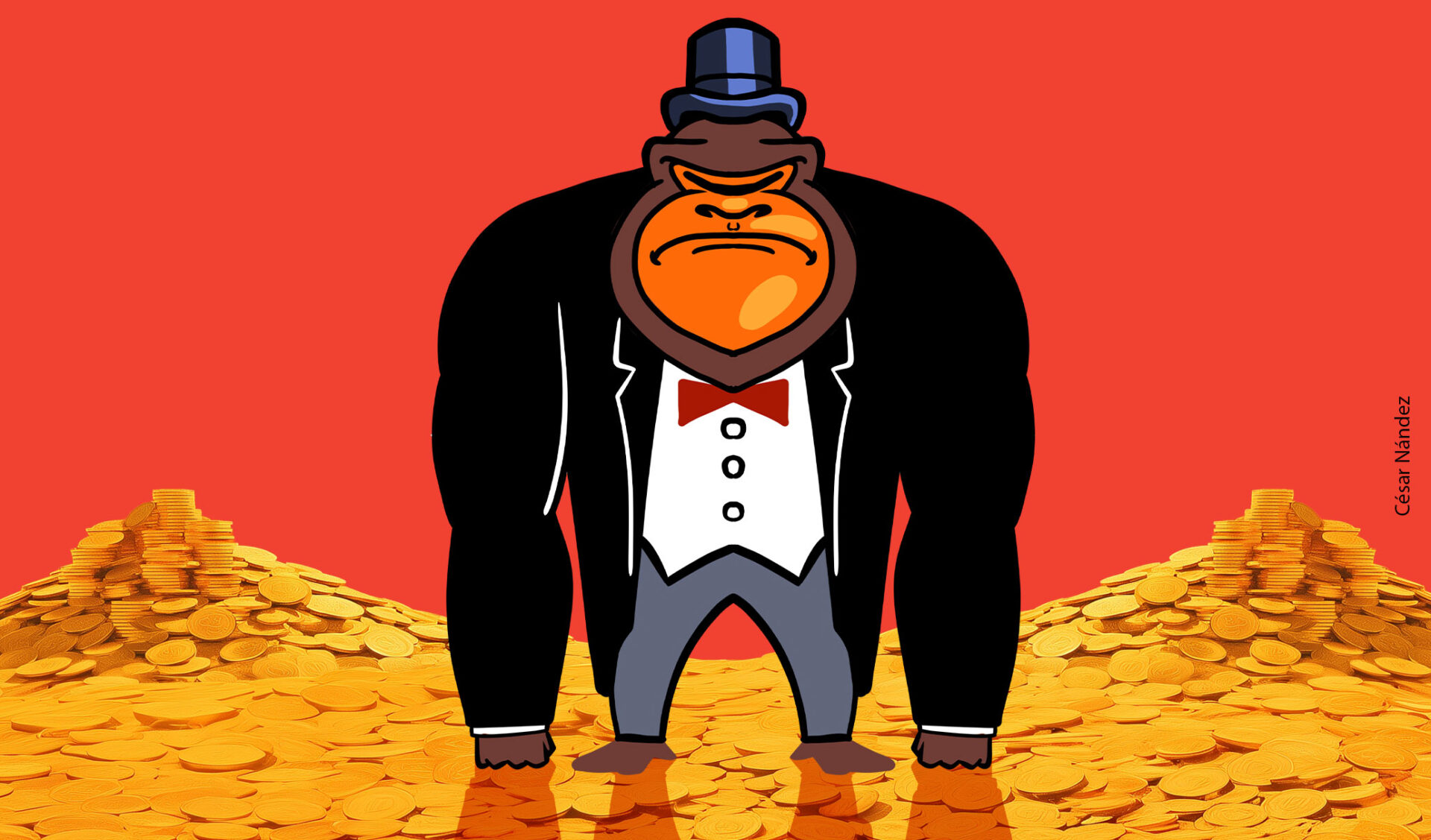Martin Wolf, in his book The Crisis of Democratic Capitalism, analyzes how the liberal order established after the United States’ victory over the Soviet Union—based on democracy and free markets—has fractured. While this is not, as Francis Fukuyama once proclaimed, “the end of history,” it did consolidate a model of production tied to a specific political regime: capitalism and democracy.
Today, ongoing crises and growing inequality have fueled mounting discontent with democracy. Yet capitalism has not faced the same erosion. While the world has filled with illiberal autocrats who threaten democratic norms, the capitalist mode of production remains intact.
In a world in permanent crisis and with an abundance of illiberal leaders, authoritarianism has become a constant. Donald Trump in the United States, Javier Milei in Argentina, Nayib Bukele in El Salvador, and Daniel Noboa in Ecuador have all been described as authoritarian leaders born from market reactions. In this context, one could argue that the world is experiencing the rise of authoritarian capitalism.
The allure of authoritarianism is growing, as shown in studies like V-DEM. Data from Latinobarómetro and Eurobarometer reveal that people are willing to accept an authoritarian regime as long as it provides security, economic stability, jobs, and individual well-being.
Since the 2008–2009 financial crisis, free-market policies have steadily undermined Western democracies. The United States, France, the United Kingdom, and Germany experienced economic stagnation, eroding pluralism. Attempts by the establishment to address inequality failed, and voices channeling public discontent began to resonate with citizens. The rise of anti-system parties and charismatic leaders was welcomed by many seeking change, even if that change undermined democracy.
While the West stagnated, other nations sustained growth. China, Singapore, and India emerged as strongholds of capitalist expansion. Many non-democratic countries—with restrictions on human rights and no room to challenge the status quo—benefited from economic prosperity. This success attracted the attention of citizens worldwide. As democracy failed to deliver equality and progress, authoritarianism began to look like a viable alternative.
Samuel Huntington’s “third wave of democratization” failed to establish pluralism or create competitive economies. In Latin America, the rise of outsiders has been a constant. After nearly fifteen years of progressive governments, the right gained strength, partly fueled by Donald Trump’s rise in the United States. This wave opened the door to radical figures such as Jair Bolsonaro in Brazil, Nayib Bukele in El Salvador, Javier Milei in Argentina, and Daniel Noboa in Ecuador. All operate within the rules of capitalism, align with economic elites, and seek to revive their nations’ economies—often at the expense of democracy. Some analysts view their victories as an aggressive reaction from the market.
In reality, the bureaucratic reduction and administrative simplification projects of Milei and Noboa have failed to spark widespread enthusiasm. In Argentina, the Peronists’ denunciations of economic crisis and fear of Rafael Correa’s Revolución Ciudadana in Ecuador were key tools to secure votes. In El Salvador, Bukele’s cryptocurrency investments barely concern the public—his iron-fist policies against gangs have instead propelled his popularity.
In this context, the recent approval by El Salvador’s National Assembly of indefinite reelection puts Bukele on the threshold of a closed autocracy. In Ecuador, Noboa is pushing toward a hybrid regime with punitive populism. In Brazil, Bolsonarism remains influential, challenging both the judiciary and Lula da Silva’s government.
In conclusion, the global political landscape is being reshaped by the authoritarianism of certain charismatic leaders, ushering in the rise of authoritarian capitalism.












